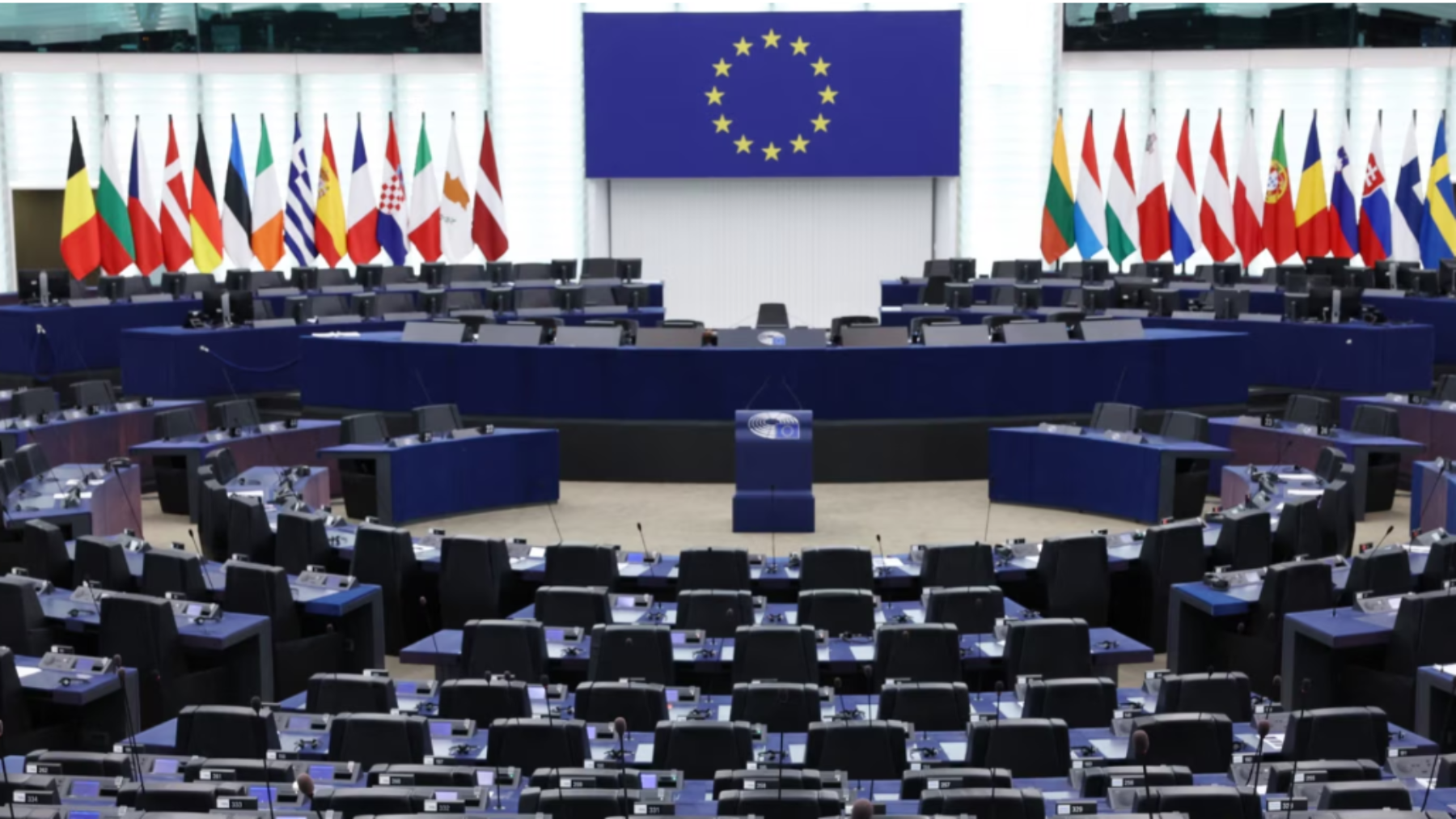The European Parliament is continuing the procedures of establishing committees, delegations and other structures that are necessary for its work.
The new EP mandate began in the summer, following the last European elections in June.
In the framework of the Constitution process, parliamentary delegations for relations with non-EU countries have already been established, with which there is a framework for cooperation.
In September, the process of establishing relevant delegations for relations with the countries of the Western Balkans region was completed.
These delegations will also be responsible for cooperation with the countries of this region – Kosovo, Albania, Serbia, North Macedonia, Montenegro and Bosnia and Herzegovina – within the common structures foreseen by the stabilization and association agreements (SAA).
The SAA foresees the parliamentary dimension of cooperation, therefore joint delegations are also established.
They consist of the EP delegation for relations with the respective country on the one hand and the deputies from the national parliament of that country on the other.
The role of these delegations is to discuss the fulfillment of SAA obligations on both sides, as well as the country’s advancement towards EU integration.
The European Parliament has always been a strong supporter of the advancement of the Western Balkan countries towards the EU. He has expressed this in the joint statements of the inter-parliamentary delegations, but also in the reports and resolutions adopted by himself.
Although there have been some changes in the composition of the European Parliament in this mandate, as the number of MPs from far-right parties has increased, the majority of current MPs are convinced that there will be no reduction in support for the enlargement process nor for the countries of the Western Balkans region.
There has been a great deal of interest from the deputies to become members of these delegations, as well as for the leading positions in them.
The last week of September and the beginning of October were marked by a series of meetings and meetings to elect the heads of these delegations.
The head of the European Parliament’s delegation for relations with Kosovo, as well as the joint stabilisation and association parliamentary delegation, will be Croatian MP Davor Ivo Stier.
Stier was also Croatia’s foreign minister and previously a member of the European Parliament.
With the Kosovo file he was also taken to the Parliamentary Assembly of the Council of Europe, where he was the head of the group of European People’s parties.
At the constitutive meeting of the delegation for Kosovo and for Bosnia and Herzegovina, Davor Ivo Stier said that he enjoys the cooperation with partners from the Assembly of Kosovo in advancing this country in the process of European integration.
“In Kosovo, the stabilisation and association Parliamentary Commission has held regular meetings since 2016 when it was established. We have seen encouraging progress in democratic reforms, economic development and efforts to fight corruption. However, there remains important work to be done, especially in the normalization of relations between Kosovo and Serbia, which is key to the long-term stability of the region,” he said.
For each country in the region there is a special delegation, while for Kosovo it is also a delegation for relations with Bosnia and Herzegovina.
Marco Tarquinio, a social Democrat from Italy, will be head of the delegation for Albania and the joint SAA delegation with Albania.
The head of the delegation for Serbia will be the Conservative MP from the ranks of the European People’s party from Cyprus, Loucas Fourlas.
Thomas, a Green MP from Austria, has been elected head of the delegation for relations with Montenegro.
For North Macedonia, meanwhile, will be the member of the European People’s party from Croatia, Karslo Resler.
Those elected to the posts of the heads of delegations have announced that they will soon start contacts with their colleagues from the countries of the Western Balkans region and with the national parliaments of these countries, in order to work together on the reform agenda.
MEPs expect their colleagues in the region to be maximally engaged in carrying out their duties, because the parliamentary dimension is extremely important for meeting the conditions for progress in the process of European integration. This is due to the fact that in this process many legal reforms are needed and all of them must pass through national parliaments.
It is now expected that the roles of rapporteurs for the countries of the Western Balkans region will be shared in the Foreign Policy Commission.
They have even greater responsibilities, because they draft and negotiate annual reports for the countries of the region, which in the end are voted as resolutions of the European Parliament.
First, it is expected that the main political groups will share among themselves which group will have the role of Rapporteur for which country. Then, the groups will nominate their candidates.
For the past 15 years, the rapporteur for Kosovo has been from the ranks of the Greens. The last reporter was German MP Viola von Cramon-Taubadel.
The Greens, according to sources from the European Parliament, would prefer to have the rapporteur for Kosovo again, but since this political grouping has seen a decline in the total number of Deputies, it is not yet certain whether other parties will agree on such a thing.
The election of the rapporteur for Kosovo and for other countries of the Western Balkans region is expected to be completed before the end of October./ REL/







